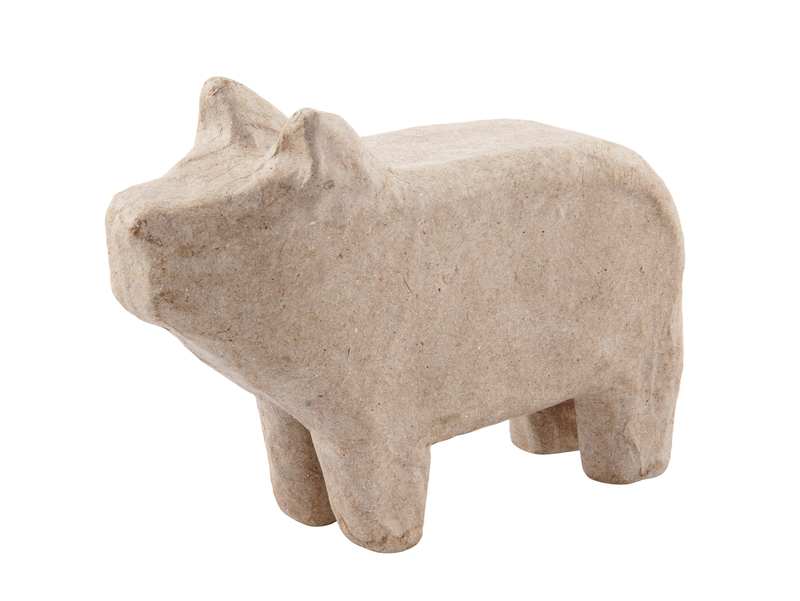Discover Top Strategies for Efficient Home Recycling
Home recycling is no longer a trend--it's a necessity. With the world producing unprecedented amounts of waste, it's crucial that individuals learn how to manage their household refuse sustainably. By adopting efficient home recycling strategies, you'll not only reduce your environmental impact but also create a more organized and clutter-free space. This comprehensive guide will unveil the most effective recycling methods for homes, practical tips, and actionable advice to ensure your recycling system is as efficient as possible.

Why Efficient Home Recycling Matters
Before diving into strategies, it's important to understand why optimizing your home recycling system is vital:
- Reduces landfill waste: More than 2.1 billion tonnes of waste are produced globally every year. Effective recycling means less garbage ends up polluting our environment.
- Conserves resources: Recycling services save energy and precious raw materials, lessening the need for new resource extraction.
- Cuts down household clutter: Well-organized recycling eliminates unnecessary buildup of waste around your home.
- Promotes environmental awareness: Successful home recycling can inspire neighbors and friends to join the cause.
Now, let's delve into some top strategies for efficient home recycling!
Setting Up a Smart Home Recycling System
1. Designate Specific Recycling Zones
2. Know What Your Local Recycling Program Accepts
Each municipality has unique guidelines for what can and cannot be recycled. Conduct research to determine:
- Accepted plastics types (PET, HDPE, LDPE, etc.)
- Paper products allowed (e.g., magazines, newspapers, office paper, cardboard)
- Specific glass and metal items
- Any restrictions or requirements (e.g., rinsing containers, removing lids)
Tip: Post a printed list of accepted materials above your recycling bins for quick reference.
3. Rinse and Dry Recyclables
Food residue is the top contaminant in recycling streams. To enhance your recycling efficiency:
- Rinse cans, jars, and plastic containers before placing them in the bin.
- Allow all recyclables to dry before tossing to prevent mold and odors.
4. Flatten and Save Space
For efficient space usage in your containers:
- Break down cardboard boxes and flatten cartons.
- Compress plastic bottles and cans (when allowed by your local facility).
5. Avoid "Wish-Cycling"
Wish-cycling refers to tossing items in the recycling bin, hoping they'll be recycled. This causes contamination and can spoil an entire batch. Only recycle materials you're sure will be accepted.
Advanced Home Recycling Tips
1. Compost Organic Waste
Food scraps and yard waste account for a significant portion of home waste. Try starting a compost bin or pile:
- Compost fruit & vegetable scraps, coffee grounds, eggshells, and yard trimmings.
- Avoid meat, dairy, and oily foods unless you use a specialized system.
- Finished compost can enrich garden soil or fertilize houseplants.
2. Recycle Beyond the Curb
Some materials can't be recycled curbside but have dedicated drop-off points, such as:
- Electronics (e-waste)
- Batteries and light bulbs
- Plastic bags and film packaging
- Hazardous materials (paints, chemicals, etc.)
Tip: Research local recycling centers and collection events for special materials.
3. Upcycle or Repurpose at Home
- Glass jars can become storage containers or decor items.
- Old t-shirts become cleaning rags.
- Cardboard and paper can be used for crafts, kids' projects, or garden mulch.
4. Purchase Recycled and Recyclable Products
Support a circular economy by choosing:
- Products made from recycled materials (look for post-consumer content labels).
- Packaging that's easy to recycle (minimal mixed materials).
- Refillable, reusable, or compostable products.
Common Home Recycling Mistakes to Avoid
- Bagging recyclables: Most facilities can't accept plastic bags. Place items loose in the bin.
- Ignoring contamination: Dirty items can spoil entire loads. Clean before recycling!
- Recycling the wrong types of plastic: Not all plastics are accepted--check the type and local guidelines.
- Neglecting to remove packaging tape, food residue, or labels when required: Read instructions to maximize efficiency.
- Overfilling bins: Overflowing bins cause spillage and inefficiency. Schedule pickups accordingly.
Top-Notch Organization for Home Recycling
1. Use Stackable or Modular Bins
Save space and keep recycling neat with stackable bins. Clear lids or panels make sorting faster and encourage family participation.
2. Label Everything Clearly
Labels help everyone, including guests and children, know where to put recyclables.
3. Create a Recycling Routine
- Set dedicated days for taking out recyclables and compost.
- Assign recycling responsibilities to household members.
- Check bins weekly for contamination or misplaced items.
Engaging Family in Home Recycling
1. Involve Kids Early
- Let children decorate recycling bins with stickers or signs.
- Teach the benefits of recycling with fun facts and games.
2. Challenge the Household
- Set monthly goals--such as reducing waste or increasing composting--and reward success.
- Track recycling habits with a visible chart or mobile app.

Staying Up-to-Date with Home Recycling Best Practices
- Sign up for local council or recycling service newsletters.
- Follow community groups or eco-friendly blogs for news and tips.
- Attend workshops or seminars on recycling and zero waste living.
Conclusion: Make Efficient Home Recycling a Lifestyle
Efficient home recycling isn't about rigid rules--it's about building habits that positively impact your family, your community, and the planet. From setting up space-saving bins, educating yourself about local recycling rules, to engaging the whole household, every small step counts. When you transform your home's recycling system into a streamlined, effective process, you become part of the solution for a greener future.
Start today by choosing one or two of these top strategies for efficient home recycling, and watch your waste--and your environmental footprint--shrink!
Efficient Home Recycling FAQs
- How clean do my recyclables need to be? - As free of food and liquid as possible. Rinse containers to prevent contamination.
- Can I recycle greasy pizza boxes? - No, unless you tear off the clean parts; the greasy sections belong in the trash or compost.
- What should I do with plastic bags? - Reuse, or take to a grocery store with a dedicated plastic film recycling bin.
- Are receipts recyclable? - Most are not, as they're printed on thermal paper. Check local guidelines.
Ready to make your home recycling more efficient? Start implementing these strategies today and enjoy a greener, cleaner, and more sustainable lifestyle!